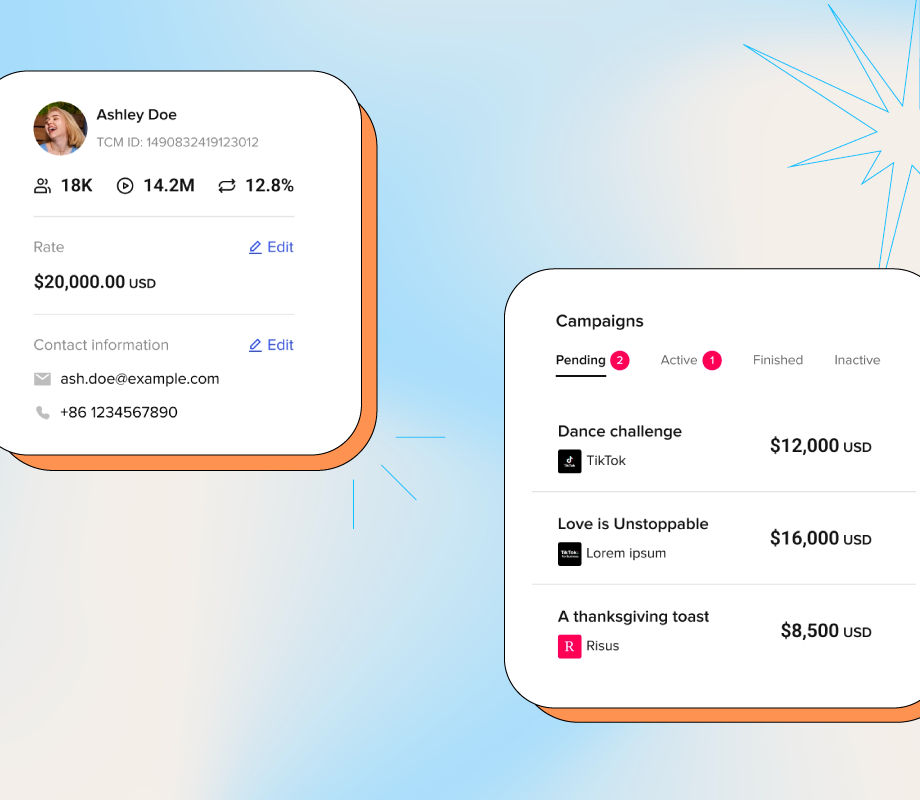The industry loves the term Privacy Enhancing Technologies (PETs). Differential privacy, synthetic data, secure enclaves — everything gets filed under that acronym. But I’ve never liked it. It over-indexes on privacy as a narrow compliance category: protecting individual identities under GDPR, CCPA, or HIPAA. That matters, but it misses the bigger story.
In my opinion, the real unlock isn’t just “privacy”, it’s anonymization. Anonymization is what lets us take the most sensitive information and transform it into a safe, usable substrate for machine learning. Without it, data stays locked down. With it, we can train models that are both powerful and responsible.
Framing these techniques as anonymization shifts the focus away from compliance checklists and toward what really matters: creating data that enables generalization without memorization. And if you look at the most exciting research in this space, that’s the common thread: the best models aren’t the ones that cling to every detail of their training data; they’re the ones that learn to generalize all while provably making memorization impossible.
There are several recent publications in this space that illustrate how anonymization is redefining what good model performance looks like:
- Private Evolution (AUG-PE) – Using foundation model APIs for private synthetic data.
- Google’s VaultGemma and DP LLMs – Scaling laws for training billion-parameter models under differential privacy.
- Stained Glass Transformations – Learned obfuscation for inference-time privacy.
- PAC Privacy – A new framework for bounding reconstruction risk.
1. Private Evolution: Anonymization Through APIs
Traditional approaches to synthetic data required training new models with differentially private stochastic gradient descent (DP-SGD). Which (especially in the past) has been extremely expensive, slow, and often destroys utility. It’s kind of hard to grasp how big a deal (in my opinion) Microsoft’s research on the Private Evolution (PE) framework is, Lin et al., ICLR 2024.
PE treats a foundation model as a black box API. It queries the model, perturbs the results with carefully controlled noise, and evolves a synthetic dataset that mimics the distribution of private data, all under formal DP guarantees. I highly recommend following the Aug-PE project on GitHub. You never need to send your actual data, thus ensuring both privacy and information security.
Why is this important? Because anonymization here is framed as evolution, not memorization. The synthetic data captures structure and statistics, but it cannot leak any individual record. In fact, the stronger the anonymization, the better the generalization: PE’s models outperform traditional DP baselines precisely because they don’t overfit to individual rows.
Apple and Microsoft have both embraced these techniques (DPSDA GitHub), signaling that anonymized synthetic data is not fringe research but a core enterprise capability.
2. Google’s VaultGemma: Scaling Anonymization to Billion-Parameter Models
Google’s VaultGemma project, Google AI Blog, 2025, demonstrated that even billion-parameter LLMs can be trained end-to-end with differential privacy. The result: a 1B-parameter model with a privacy budget of ε ≤ 2.0, δ ≈ 1e-10 with effectively no memorization.
The key insight wasn’t just technical achievement, but it also reframes what matters. Google derived scaling laws for DP training, showing how model size, batch size, and noise interact. With these laws, they could train at scale on 13T tokens, with strong accuracy, and prove that no single training record influenced the model’s behavior, and you can constrain memorization, force generalization, and unlock sensitive data for safe use.
3. Stained Glass Transformations: Protecting Inputs at Inference
Training isn’t the only risk. In enterprise use cases, the inputs sent to a model may themselves be sensitive (e.g., financial transactions, medical notes, chat transcripts). Even if the model is safe, logging or interception can expose raw data.
Stained Glass Transformations (SGT) (arXiv 2506.09452, arXiv 2505.13758). Instead of sending tokens directly, SGT applies a learned, stochastic obfuscation to embeddings before they reach the model. The transform reduces the mutual information between input and embedding, making inversion attacks like BeamClean ineffective — while preserving task utility.
I was joking with the founders that the way I would explain it is, effectively, “one-way” encryption (I know that doesn’t really make sense), but for any SGD-trained model.
This is anonymization at inference time: the model still generalizes across obfuscated inputs, but attackers cannot reconstruct the original text. For enterprises, that means you can use third-party or cloud-hosted LLMs on sensitive data because the inputs are anonymized by design.
4. PAC Privacy: Beyond Differential Privacy’s Limits
Differential privacy is powerful but rigid: it guarantees indistinguishability of participation, not protection against reconstruction. That leads to overly conservative noise injection and reduced utility.
PAC Privacy (Xiao & Devadas, arXiv 2210.03458) reframes the problem. Instead of bounding membership inference, it bounds the probability that an adversary can reconstruct sensitive data from a model. Using repeated sub-sampling and variance analysis, PAC Privacy automatically calibrates the minimal noise needed to make reconstruction “probably approximately impossible.”
This is anonymization in probabilistic terms: it doesn’t just ask, “Was Alice’s record in the training set?” It asks, “Can anyone reconstruct Alice’s record?” It’s harder to explain, but I think it may be a more intuitive and enterprise-relevant measure, aligning model quality with generalization under anonymization constraints.










